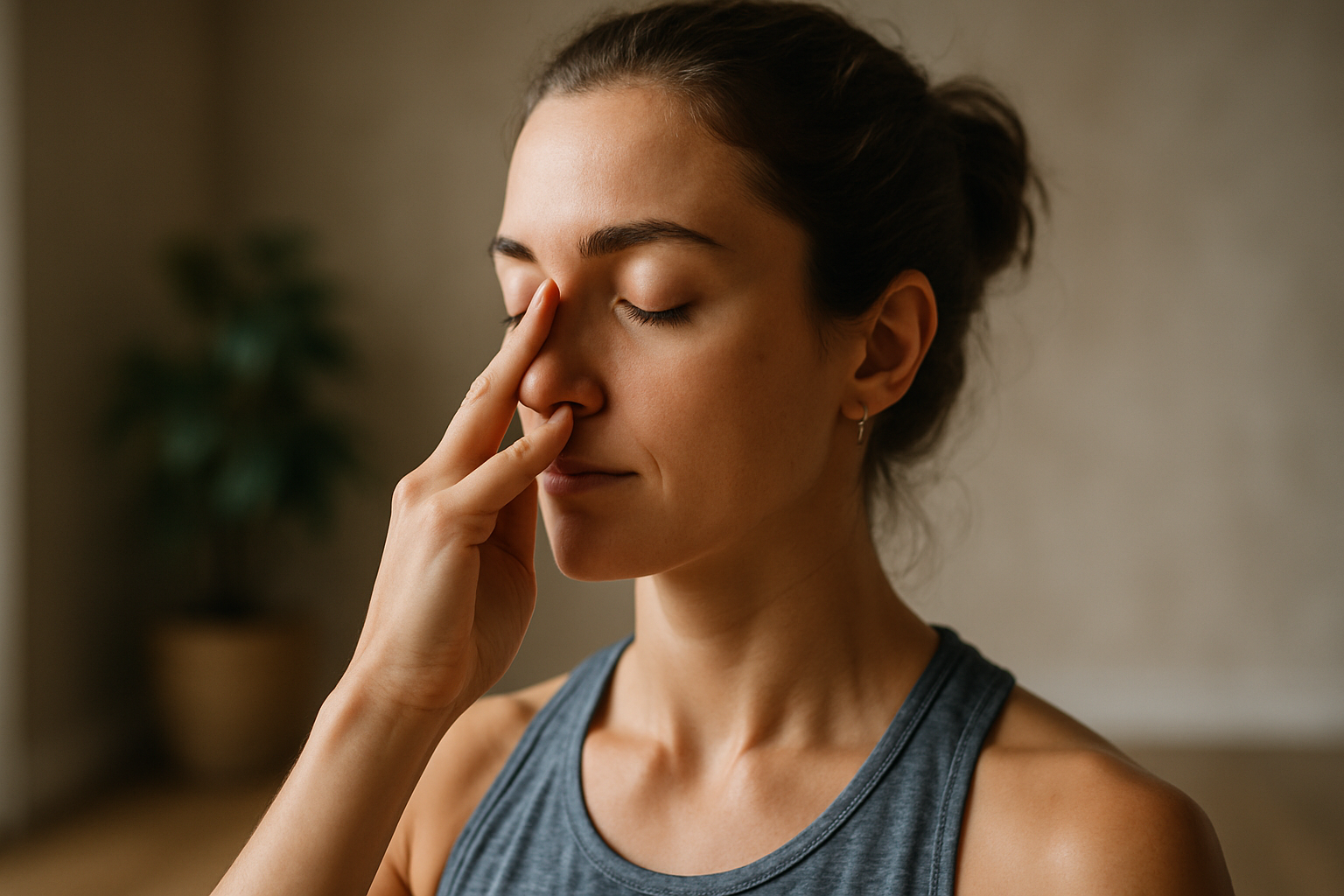Sleep Strategies to Improve Consistency and Daytime Functioning
Consistent sleep supports clearer thinking, steadier mood, and better daytime performance. Small, sustainable changes—focused on routine, movement, hydration, and stress management—can produce noticeable benefits. This article outlines practical strategies that connect sleep habits with daytime functioning, integrating mindfulness, nutrition, fitness, and self-care to help stabilize sleep patterns and improve resilience over time.

How does routine support consistent sleep?
Establishing a predictable sleep-wake schedule anchors your circadian rhythm and helps the body expect sleep at a regular time. Aim to go to bed and wake up within a 30–60 minute window each day, including weekends. Pairing consistent timing with pre-bed rituals—such as dimming lights, limiting screen exposure, and a short gratitude or planning exercise—signals to your nervous system that it’s time to wind down. Over several weeks this consistency can reduce sleep onset time and make daytime energy more reliable.
How can mindfulness and relaxation aid sleep?
Practices like mindfulness meditation and progressive muscle relaxation reduce physiological arousal and quiet repetitive thoughts that interfere with falling asleep. Even brief, daily sessions of 5–15 minutes can lower nighttime rumination and improve sleep continuity. Use breathing techniques or guided meditations focused on the body scan to shift attention away from worries. Integrating relaxation into your bedtime routine helps preserve sleep quality and supports daytime concentration and emotional regulation.
What role do nutrition and hydration play?
Eating patterns and fluid intake influence sleep timing and quality. Heavy, spicy, or high-sugar meals close to bedtime can disrupt digestion and sleep, while moderate evening meals with balanced protein and complex carbohydrates can promote steady blood sugar overnight. Hydration is important, but limit large fluid intakes late in the evening to avoid nocturnal awakenings. Caffeine and alcohol affect sleep differently: caffeine can delay sleep onset, and alcohol can fragment sleep later in the night. Adjusting meal timing and beverage choices helps stabilize nighttime rest and daytime alertness.
How does movement, fitness, and daytime activity help?
Regular physical activity supports deeper sleep and more consistent sleep cycles. Aim for a mix of aerobic exercise, strength work, and flexibility through the week; timing matters, so avoid vigorous workouts in the hour before bedtime for some people. Short daytime movement breaks also counteract afternoon dips in alertness and support mood. Exercise contributes to physical recovery and resilience, improving energy distribution across the day and making it easier to maintain a steady sleep schedule.
How can stress management and resilience improve daytime functioning?
Chronic stress and elevated evening arousal undermine sleep consistency and daytime performance. Adopt scalable stress-management techniques such as brief mindfulness breaks, structured problem-solving, and cognitive reframing to reduce persistent worry. Building resilience includes predictable routines, social support, and realistic scheduling that prevent evening overload. When stress levels are lower, the body can transition to restorative sleep more easily, which in turn enhances cognitive sharpness and emotional balance during the day.
What selfcare practices support sleep consistency and recovery?
Self-care combines physical and mental habits: prioritize hydration, balanced nutrition, moderate movement, and periods of relaxation. Create a bedroom environment conducive to rest—comfortable temperature, limited light, and minimal noise. Track patterns with a simple sleep log to identify influencing factors, and adjust routines gradually rather than making abrupt changes. Sustained small improvements in daily self-care reinforce sleep regularity and contribute to sustained daytime functioning and improved mental health.
This article is for informational purposes only and should not be considered medical advice. Please consult a qualified healthcare professional for personalized guidance and treatment.
Consistent sleep emerges from coordinated habits across routine, mindfulness, nutrition, movement, and self-care. Small, repeatable behaviors—such as a reliable sleep schedule, brief relaxation practices, balanced evening meals, regular physical activity, and targeted stress-management—combine to stabilize sleep patterns. Over weeks, this integrated approach tends to produce steadier daytime energy, improved focus, and greater resilience. Review habits periodically and adjust in response to seasonal changes, workload, and personal health needs to maintain long-term consistency.





